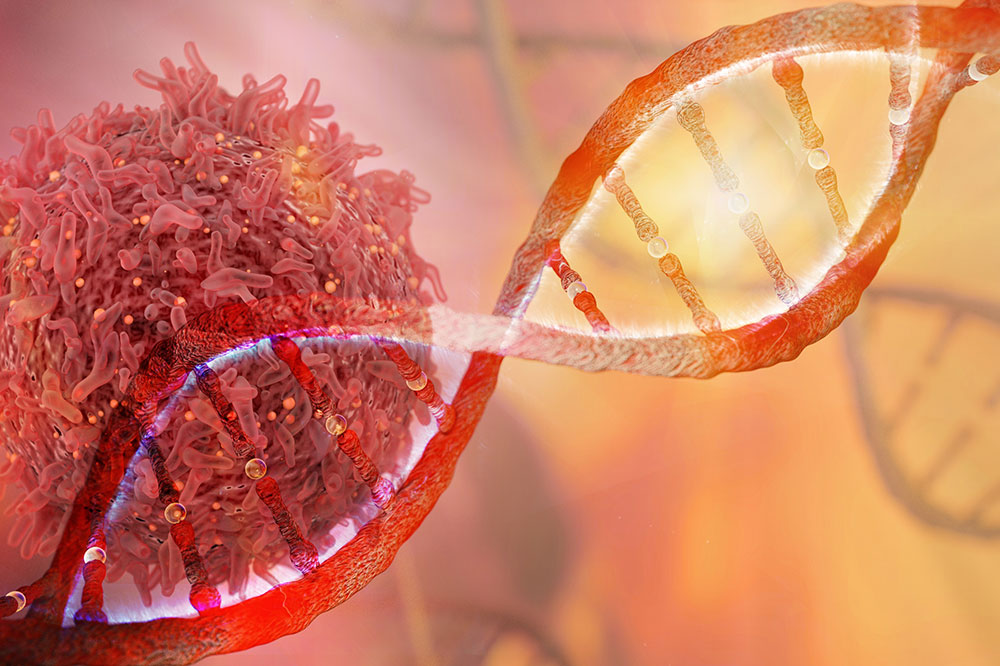
How Cancer and Genetics are Connected
We all know that cancer is a genetic disease. It is caused by specific changes in the genes that control cell function, growth, and division. These changes start with a single cell and lead to cancer as time progresses. The condition worsens when the cells become abnormal or grow and divide rapidly. In this article, we will try to understand how cancer and genetics are related.
1. How genetics causes cancer
In most cases, a person acquires the cancer-causing defective genes from their parents. The genetic material is already present in the germ cells, eggs, and sperm at the time of conception. So the offspring inherits the disease right from the very beginning. Then, as the child grows, the cancerous cells begin to change and spread rapidly.
However, not all cancers are acquired at birth. In some instances, exposure to carcinogenic substances, such as smoke, radiation, and tobacco, can cause cancer-causing genetic changes much later in life, known as somatic changes. Therefore, we can say that the root cause of genetic changes that cause cancer differ from person to person.
2. The most common cancerous genes
Cancer and genetics go hand-in-hand, and inherited genetic mutations have a pivotal role in 10 to 15 percent of all cancer types. One of the most common mutated genes found in all kinds of cancers is TP53. This gene creates a particular kind of protein that suppresses the growth of tumors. PTEN is another gene that performs a similar function. Both these genes increase the risk of thyroid, endometrial, breast, and other types of cancer.
3. Genetic testing for mutations
If an expert doubts the relation between cancer and genetics in any person, they recommend genetic tests to check for gene mutations. The test is conducted by analyzing a blood sample or even examining the patient’s saliva. It helps understand if the patient has inherited the cancer-causing mutation from a family member. Genetic counseling helps people understand the risks involved, benefits, and limitations of genetic testing and explain other implications.
4. Identifying genetic changes in cancer cells
Doctors use DNA sequencing tests to compare the DNA sequence in cancer cells and normal cells. The tests help determine if genetic changes in cells are responsible for cancer in an individual. Such findings help doctors decide therapies that may work best for a patient or a particular type of tumor. Inherited mutations can be also be found with the help of tumor DNA sequencing or predictive genetic testing. These are tests that help reveal the presence of inherited genetic mutations, which increases the risk of cancer for a person.
Cancer can be challenging to deal with. And since genetics is the leading cause of the condition, understanding cancer and genetics is essential.


